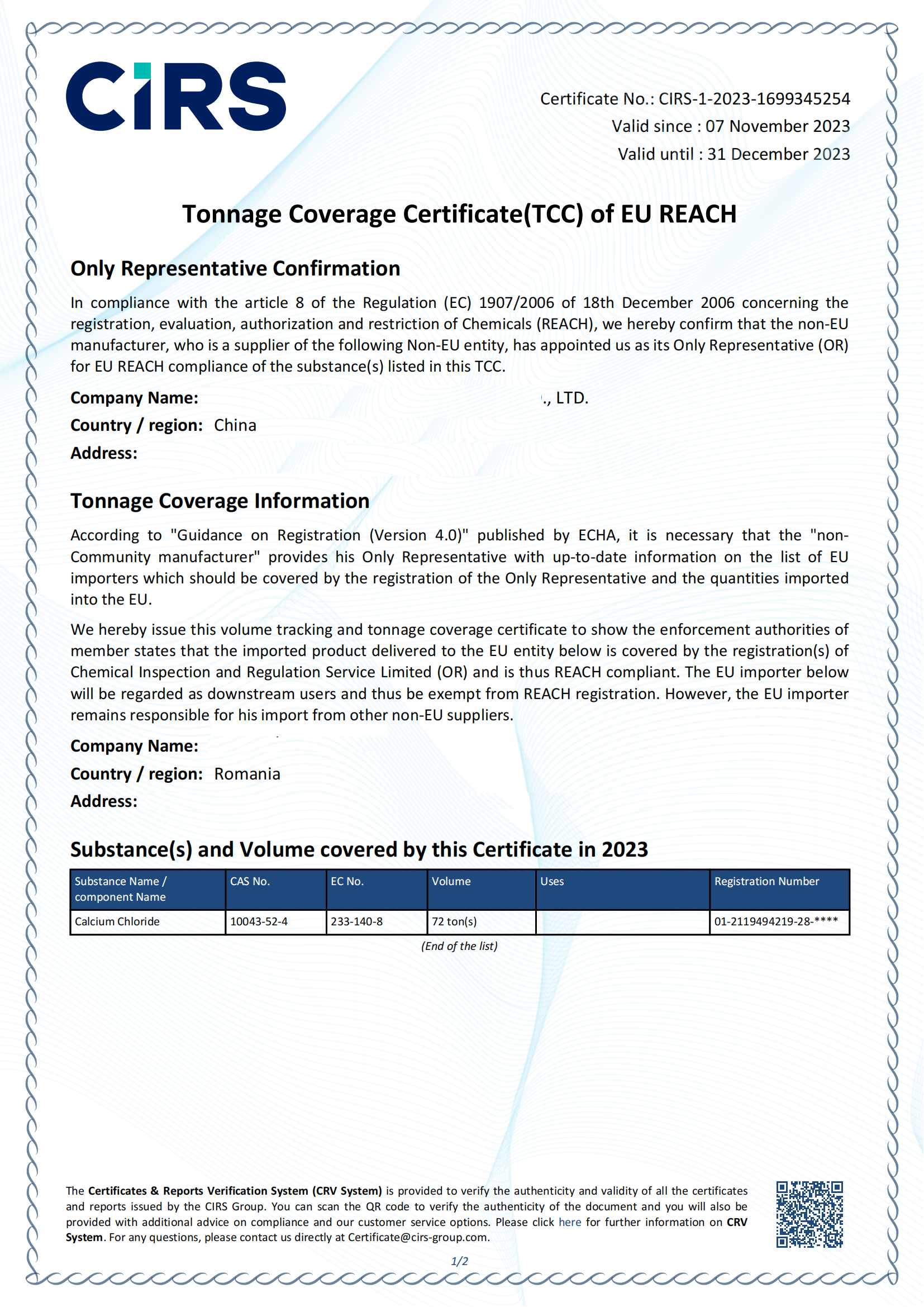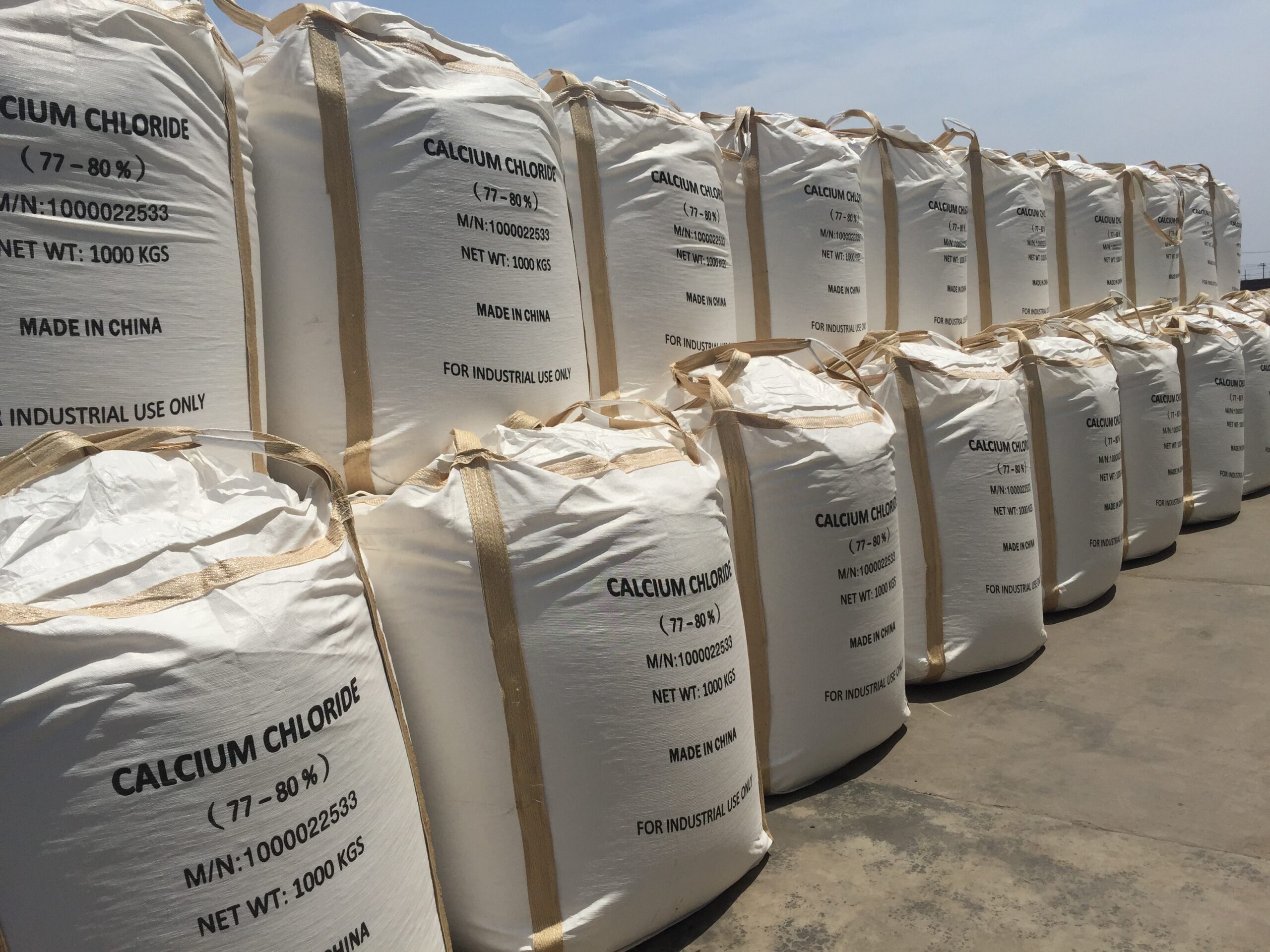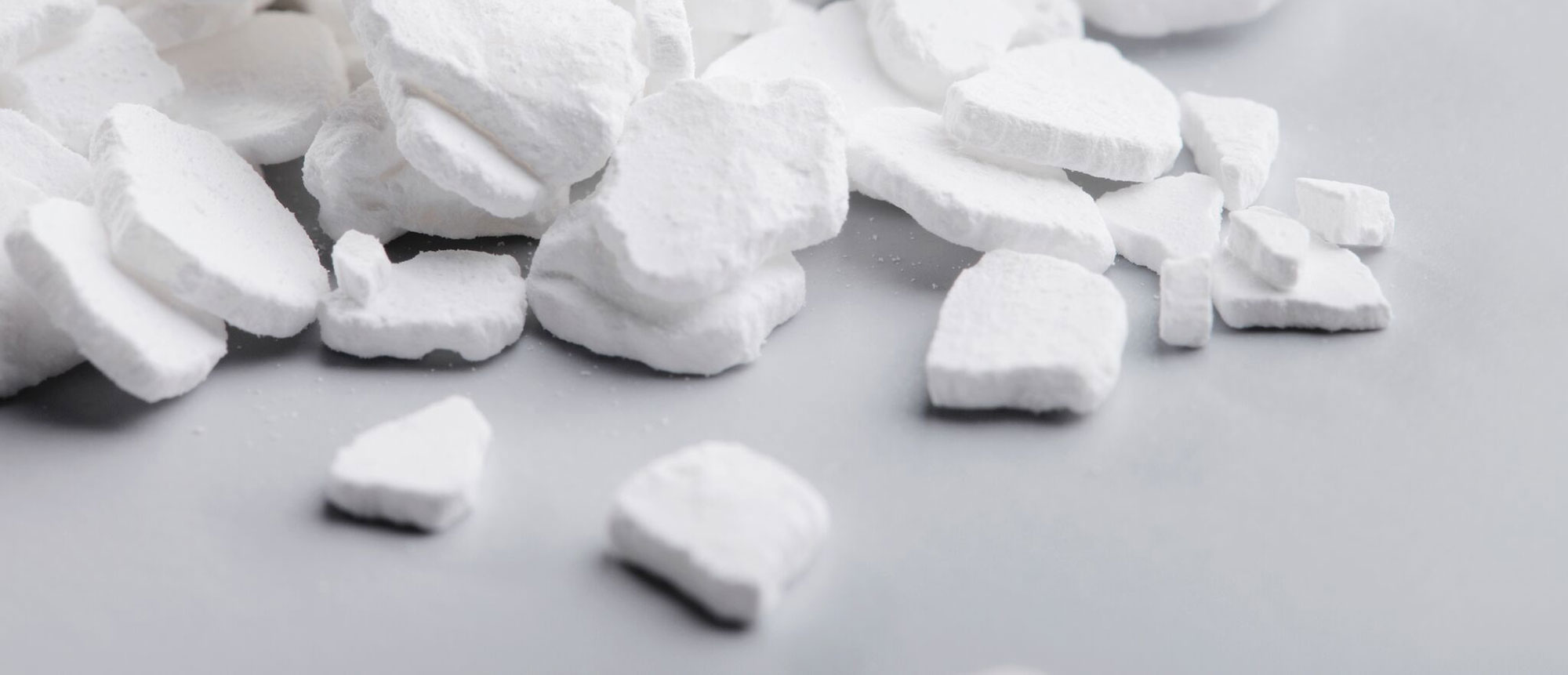-

Calcium chloride REACH
REACH is an EU safety regulation covering the registration, evaluation, authorisation and restriction of chemicals. From 1 June 2007, substances of very high concern imported into the EU may require authorisation. Manufacturers and importers of goods imported into the EU in quantities of 1 tonne or more per year must register with the European Chemicals…
-

Calcium Chloride Global Markets and Forecast to 2023
Markets for calcium chloride Calcium chloride prices felduring the first three months of 2023,which was ascribed to weak demand fromdownstream businesses like the construction sector.Low Price trends were further influenced by the drop in feedstock limestone pricesacross the USA during the first two months of 2023..As limestone prices rose,the demand from the construction sector upstream…
-

Influencing Factors on the Price of Calcium Chloride
Calcium chloride can be divided into powder, flakes, and liquid forms, each with its specific packaging methods based on different specifications. Liquid calcium chloride, being a water solution, is transported in specialized tank trucks with tight and secure covers. This implies higher transportation costs, especially for long-distance shipments. However, the manufacturing cost of liquid calcium…
-

Calcium Chloride Formula, Compound Name & Structure
Calcium Chloride FormulaCalcium chloride is a chemical often referred to as a salt. In chemistry, the term salt refers to a compound featuring an ionic bond between a cation and an anion. Ionic bonds form between elements with significant differences in electronegativity, or their ability to attract electrons. Cations form through the loss of electrons,…
-

What is Calcium Chloride? What is Calcium Chloride used for?
Calcium Chloride is also exothermic, a fancy word that means it creates heat when it comes in contact with water, helping it melt ice faster than any other ice melting chemical. How fast, you ask? In the first 20 minutes after application at 20°F (-7°C), Calcium Chloride melts approximately:30% more ice than magnesium chloride35% more…
-

Why calcium chloride?
Calcium chloride is highly effective, and one of the most hygroscopic materials, when it comes to absorbing moisture from the surrounding air. Calcium chloride is an inorganic compound – a salt with the chemical formula CaCl2. It is white flakes or pellets at room temperature, and is highly soluble in water. Calcium chloride desiccants work…
Home>blog



